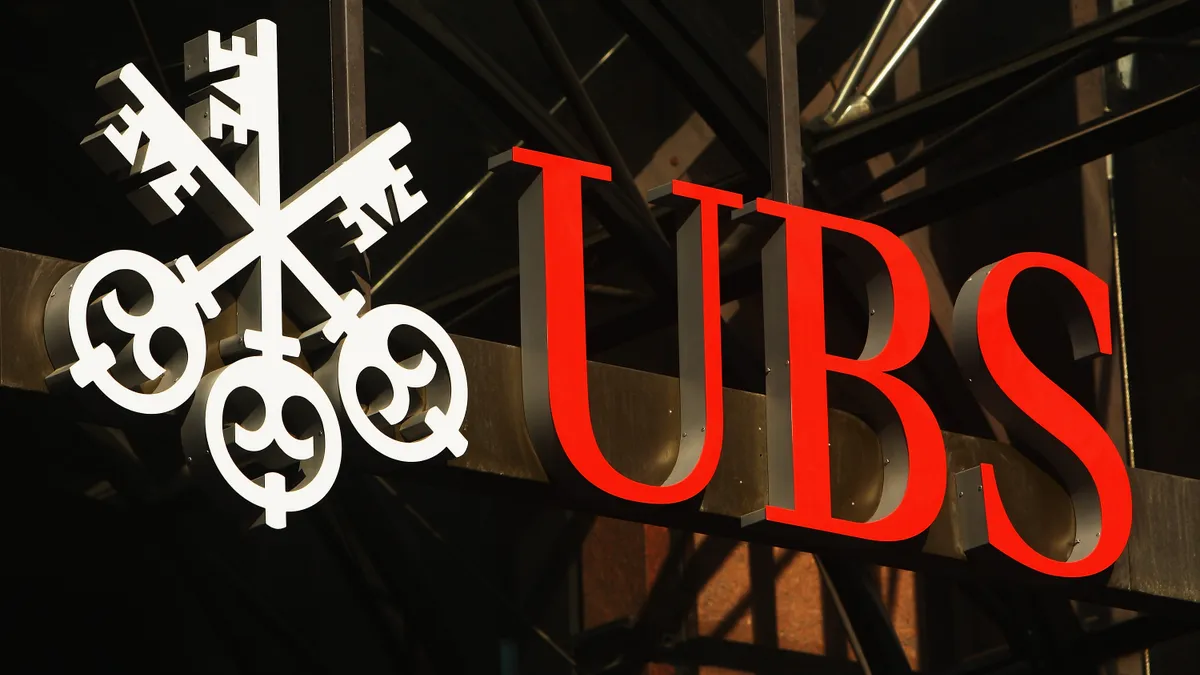Credit Suisse reached a settlement with Mozambique in the 2013 “tuna bonds” scandal, just ahead of a civil trial that was set to start Monday in London, UBS said Sunday.
"The parties have mutually released each other from any liabilities and claims relating to the transactions," said UBS, which acquired Credit Suisse this year. “The parties are pleased to have resolved this long-running dispute stemming from events occurring a decade ago.”
UBS did not divulge any financial details related to the deal, but a source familiar with the situation told Reuters that UBS would forgive part of a loan Credit Suisse made to Mozambique in 2013, representing less than $100 million. The Swiss bank will not pay any cash under the settlement, sources told the Financial Times.
Mozambique had sought $1.5 billion in damages in connection with the scandal, the Financial Times reported.
In the case, Credit Suisse partially funded an effort to build a new coastal patrol force and tuna fishing fleet for Mozambique through loans and bonds backed by undisclosed Mozambican government guarantees in 2013 and 2014.
The project fell into default over the alleged looting of hundreds of millions of dollars, which had been concealed from donors, including the International Monetary Fund. Donors cut their support when the incident came to light in 2016, triggering a currency collapse.
Mozambique has asserted it had fallen victim to a conspiracy and said Privinvest, the shipbuilding firm with which it partnered, paid bribes to government officials and to Credit Suisse bankers.
Credit Suisse agreed in 2021 to pay about $475 million to British and U.S. authorities to resolve bribery and fraud charges connected to the case. The bank also pledged to forgive $200 million of debt owed by Mozambique.
Three former Credit Suisse bankers, who arranged the bonds and pleaded guilty in the U.S. to handling kickbacks, hid their misconduct from the bank, the Swiss lender has asserted.
A European unit of the bank pleaded guilty to conspiracy to commit wire fraud, and Credit Suisse entered into a three-year deferred prosecution agreement with the Justice Department.
While Credit Suisse — and, by association, UBS — may now be able to put the tuna bonds legacy to rest, Mozambique is still suing Privinvest, alleging the shipbuilder paid $136 million in bribes.
Privinvest, meanwhile, received permission Friday to appeal a London High Court ruling that granted immunity to Mozambican President Filipe Nyusi. The shipbuilder has said any payments it made in relation to the tuna project were investments, consultancy payments, legitimate remuneration or legitimate political campaign contributions. But, the shipbuilder added, Nyusi should contribute to damages if the company is found liable.
The tuna bonds settlement represents just one storyline UBS spent part of the weekend addressing.
UBS said Saturday it is not aware of a Justice Department investigation into alleged compliance failures at the bank and its event acquiree, Credit Suisse, that may have allowed some of its Russian clients to evade sanctions.
“The recent reporting on an alleged probe by the US Department of Justice into sanctions-related compliance failures at Credit Suisse and UBS is inaccurate,” UBS said in a statement seen by Bloomberg and Reuters.
“We’re not aware of such a probe,” UBS said, adding, "UBS and CS have significantly and proactively reduced their Russia-related exposure.”
Bloomberg on Wednesday cited people familiar with the situation when reporting on the alleged investigation.
Trading in UBS shares was halted temporarily Wednesday after they fell nearly 8% in the hours after the Bloomberg story published, according to Reuters.
A UBS spokesperson declined to comment further to the wire service Saturday.














